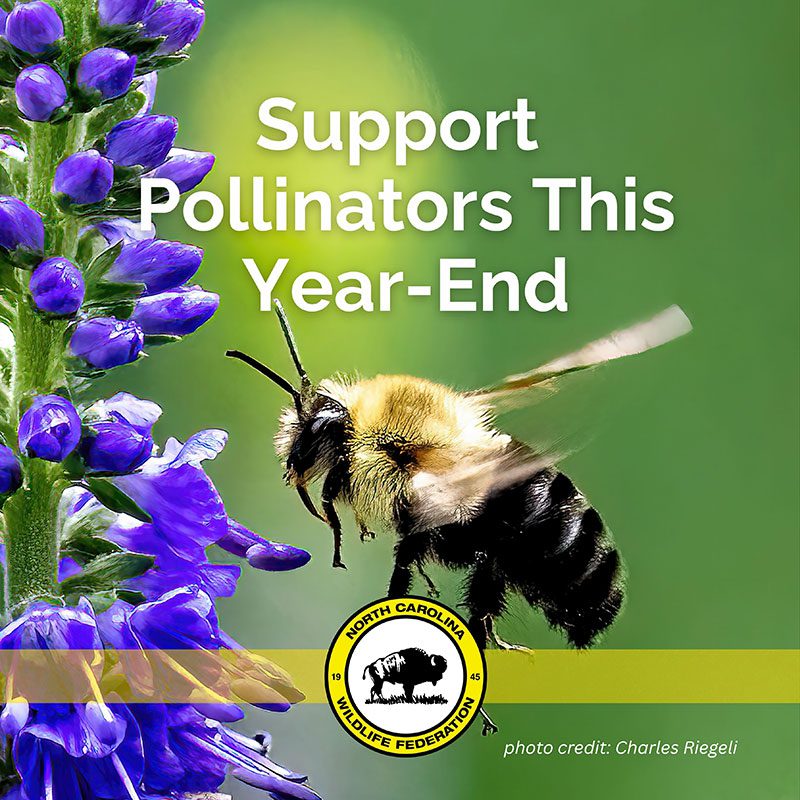A Journey of Stewardship: Message from CEO Tim Gestwicki

The word “stewardship” can be traced back to its origins in ancient Greece and the word oikonomos, which translates to “manager.” The meaning is mirrored in English as far back as the Middle Ages when stewards were often referred to as household guardians or caretakers. The steward was viewed as a servant with the overseen property, ranging from sprawling castles to estates to simple domiciles.
Either way, the connotation is one who ran affairs and was entrusted and mandated with management duties. As the terminology of stewardship evolved, its meaning broadened beyond managing home affairs and properties to include more facets of life, all within a highly favorable context. Responsible, thoughtful management and care across various activities became the commonplace reference for stewardship.
One such example is from decades ago in air travel. Stewardesses, now an outdated and noninclusive term that has evolved into flight attendants, were hired by airlines to comfort and aid travelers in the new form of transportation. Initially, they were registered nurses hired to provide calm, reassurance and safety to passengers during their flights.
Similarly, the word is used today about the proper care of finances and investments, guidance counselors helping students along their pathway to college or employment, and even businesses seeking to earn money while favoring client and employee well-being and sustainable purposeful practices. The notion of stewardship permeates the culture regarding proper and responsible management by teachers, lawyers, doctors, bankers, courts and theology.
But perhaps it is most symbiotically associated with conservation. It is safe to say that stewardship is related to or synonymous with conserving the environment and natural resources. Philosophers, writers and theologians laud the wise, sustainable use of and stewarding management of the earth.
Protecting and caring for all that has been created is the ethos among many religions. This stewardship premise permeates various religious texts from Judaism, Catholicism, Buddhism, Hinduism and Protestant faiths, commending that humans and the earth are inexorably woven together. The relationship between humankind and nature is without question and stewardship is a cornerstone of these faiths. This spiritual guidance is often now referred to as “creation care.”
Stewardship & NCWF
Stewardship is a foundational principle for North Carolina Wildlife Federation. Along with science, inclusivity, partnering and nonpartisanship, stewardship is one of our core values. We seek stewardship and strive for its underlying guidance as the basis for our vision statement: Our stewardship will result in a North Carolina with healthy, bountiful and diverse flora and fauna valued by all its people and sustainably managed for future generations.
Throughout NCWF, as our vision statement attests, our understanding of stewardship is based on active engagement — actions to help restore habitat and remove invasive species, recover iconic species on the landscape, combat and adapt to deadly wildlife disease, and much more.
Stewardship is needed and evident at NCWF through our volunteers, staff, board and partners and through values, culture, commitment and willingness to evolve to ensure wildlife and habitat conservation now and in the future. Stewardship connotes positive care and management, now and for the future. However, breakdowns lead to poor stewardship and derail forward momentum. Causes can include resistance to change, lack of accountability, or an exclusive ownership mentality.
Wildlife has no voice, but NCWF accepts our stewardship responsibilities as responsible guardians. Advocating for and conducting proper stewardship of our fish, wildlife and habitat resources is no small task, but it’s a task we commit to every day. And through your own stewardship investments and support, we will make responsible stewardship of North Carolina’s wild places and wildlife a reality.


